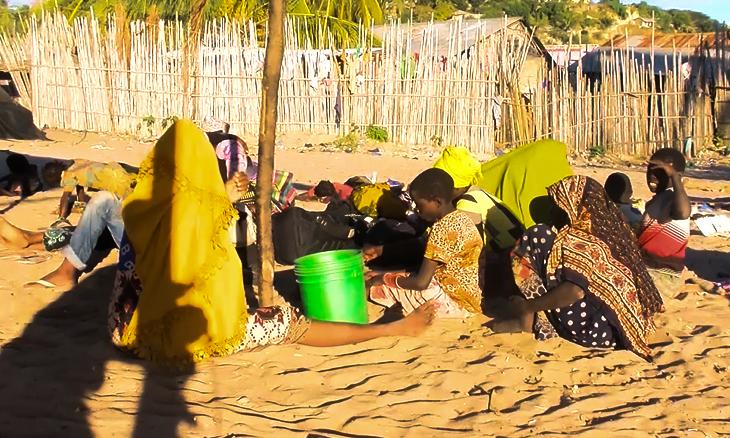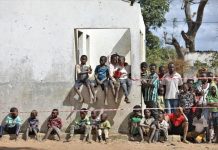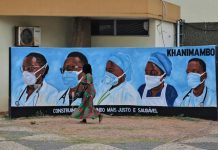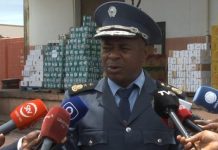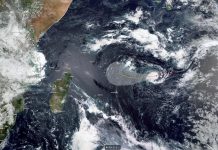Africa-Press – Mozambique. Hundreds of survivors of the terrorist attacks in Cabo Delgado are living in scandalous conditions on Matemo, a small island in Ibo district, which continues to receive people displaced from Palma and Macomia districts by the terrorist attacks.
The humanitarian drama was confirmed by some families who recently disembarked in Pemba, the provincial capital, in search of safety and tolerable living conditions.
“Many people sleep outdoors, while others have built small grass-covered tents and sleep on the ground, right in the sand,” said Binaue Juabo, a 35-year-old woman who was unable to bury her son, decapitated by the terrorists, and who managed to escape with only a nephew about 10 years old, leaving behind her mother and husband.
In addition to lack of accommodation, some people on the island are facing hunger, as humanitarian aid only benefits families who are registered with the government.
“I ate thanks to my cousin, who sometimes received food support from some organisations that continue to support the displaced,” Binaue Jaubo says.
The humanitarian situation on Matemo is dire, and the displaced are at risk of life from disease, one of reasons families flee to Pemba in search of better living conditions and security.
“I couldn’t stay in Matemo any longer. There are many sick people, especially with diarrhoea. And now almost everyone has ‘matequenha’ (foot lice) there; things are bad,” Mussa Alfane says, shortly after disembarking in Pemba on a boat carrying around 80 displaced people.
Crew of the few vessels that continue to travel to the conflict zones say that they expect more displaced people to arrive in the coming days.
“There are many people who want to come to Pemba, but there are few boats that risk making these trips, because they are dangerous due to the risk of sinking, because of the overcrowding of passengers, but also because of the attacks, as some vessels were already approached by the “mashababos” [insurgents] at sea,” Mussa Alfane explained.
Many people remain of the island, not only out of fear of making the trip, but just for simple lack of money for a ticket.
“Almost everyone wants to come to Pemba, but they can’t afford the ticket, which costs between 600 and 2,000 meticais per person. The few who manage receive money from family members, in addition to some that we help,” explained Andinane Abudo, a sailor who makes the Ibo trip constantly.
Another concern among the IDPs arriving in Pemba is the lack of communication with their relatives, from whom they were separated long ago and whose whereabouts they still do not know.
“I fled from Palma when they entered for the first time (March 24) and, a month later, I returned to Palma, when they started to mobilise people to return, because the situation was under control, but before arriving here, there was another attack and I ran away again and, to this day, I don’t know where my wife and two children are. There’s no-one in Palma, so there’s no news about what might have happened,” explains Abdul Assane, a young man from Palma, as he disembarks at Paquitequete beach, one of the main arrival points for IDPs coming to Pemba.
An average of two vessels arrive in Pemba daily, filled with survivors of the terrorist attacks in Cabo Delgado. They all come from Matemo, on Ibo Island, which, since the March 24 attack on Palma, has become one of the largest rallying points for displaced persons close to the conflict zone.
By Hizidine Acha

